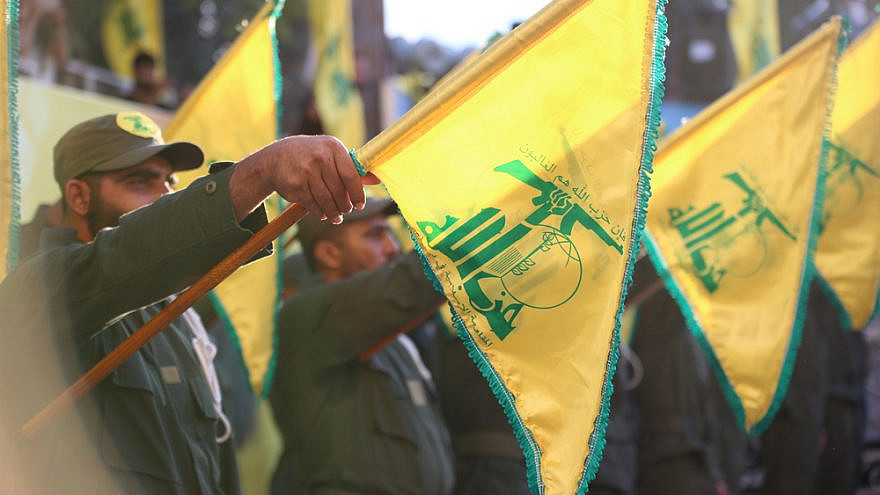A bipartisan bill aimed at pressuring the government of Lebanon to disarm paramilitary groups such as the Iran-backed Hezbollah terrorist organization within its borders was introduced in the U.S. House of Representatives on Tuesday.
The bill, called the “Strategic Lebanon Security Reporting Act,” requires the State Department to put together a strategy to help Lebanon implement U.N. Security Council Resolution 1701, which was agreed to after the 2006 Lebanon War, setting up a strategy for disarming armed groups along the Israeli-Lebanese border.
“Having been to the Israeli-Lebanese border, I’ve seen the rockets aimed at Israel and I understand the importance of curbing Hezbollah’s presence and impact in Lebanon,” Luria said in a news release.
The bill encourages cooperation between Lebanon and international peacekeeping missions on the border and utilized U.S.-Lebanon diplomatic engagement to prevent the building of cross-border tunnels into Israel and weapons factories inside Lebanon.
“Like Hamas, Hezbollah is an Iranian proxy that is an imminent and constant threat to our greatest ally in the region, Israel,” Zeldin said in the release. “The United States cannot sit idly by as Hezbollah continues to exert influence within the Lebanese Armed Forces and amass military resources as it seeks to destroy Israel. We must make it clear to our allies and adversaries in the Middle East and throughout the world that the United States stands shoulder-to-shoulder with Israel and considers its safety a top international priority.”
Last week, Zeldin reintroduced the “Countering Hizbollah in Lebanon’s Military Act,” which threatened to withhold 20 percent of U.S. security assistance to Lebanon until its military effectively expels Hezbollah-influenced personnel and fulfill Resolution 1701. Luria and Zeldin had co-introduced the same bill in 2019.
That same year, Luria sent a letter to U.N. Secretary-General Antonio Guterres pushing for a stronger international effort to limit Hezbollah and bolster existing U.N. capabilities in the region.


























